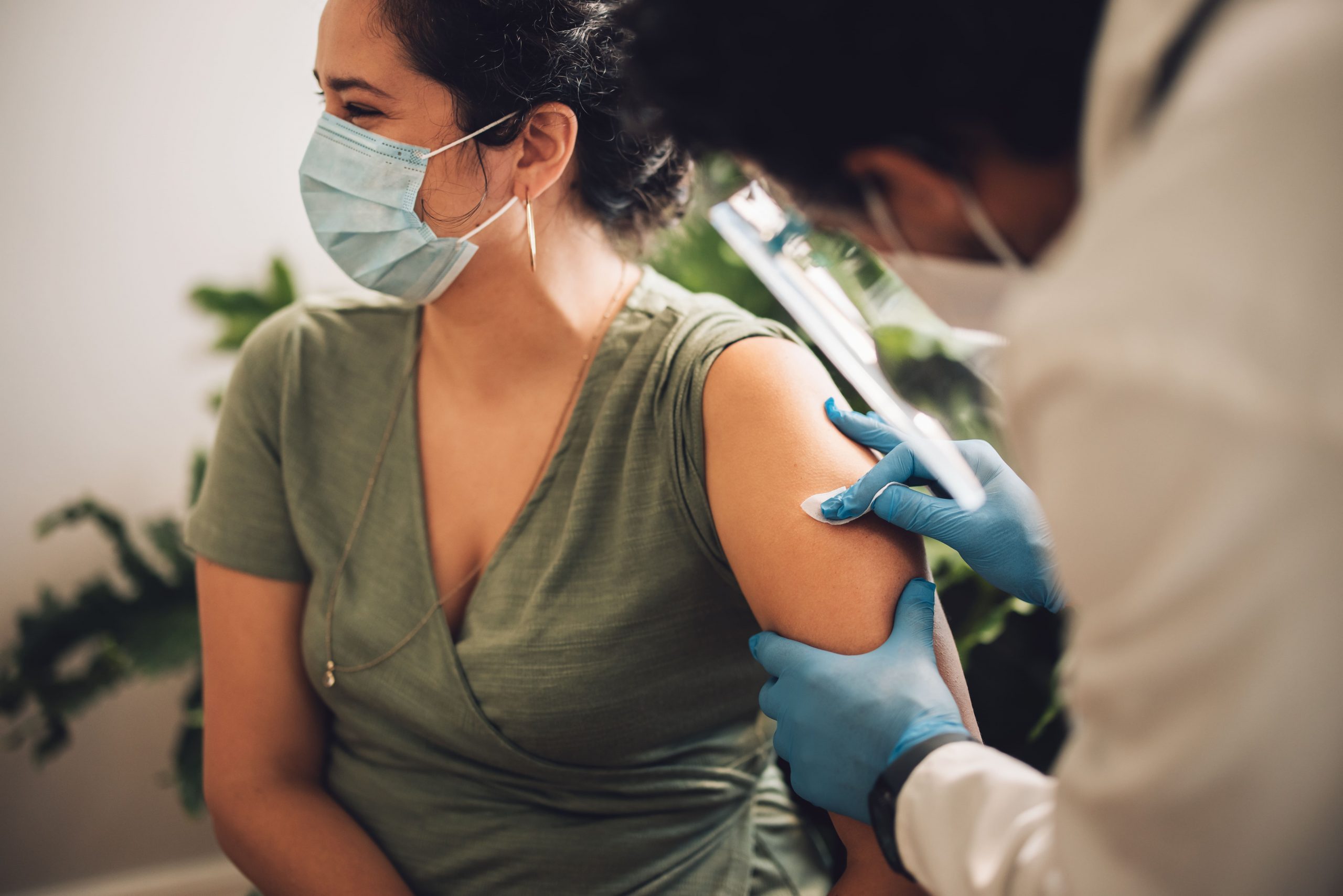Boosting Immunity Insights: Collaborative Canadian Effort Contributes to Nationwide COVID-19 Immunity Study
Aug 17, 2023 //

TORONTO, Monday, August 14, 2023 – Today, CanPath (the Canadian Partnership for Tomorrow’s Health) has contributed to the first peer-reviewed publication showcasing pan-Canadian seroprevalence estimates – published in the Canadian Medical Association Journal (CMAJ).
Seroprevalence refers to how many people across Canada developed antibodies in response to infection or vaccination. Studies like this give us an idea of how widespread infection might be in the Canadian population.
Since 2020, CanPath, with other national partners, has been tasked by the Public Health Agency of Canada (PHAC) and the COVID-19 Immunity Task Force (CITF) to support a national COVID-19 serological surveillance study. In March 2020, with $5.2 million in funding, the CanPath team began collecting COVID-19 data from over 100,000 Canadians, including dried blood spots at three different time points: (1) pre-vaccination (March 2020 to November 2020); (2) vaccine roll-out (December 2020 to November 2021); and (3) the Omicron waves (December 2021 to March 2023).

“We aimed to untangle the relationship between vaccination status – including the number of doses, brands, and time between doses – and infection risk while accounting for prior infection, adherence to recommendations from public health officials and other factors which impact immunity such as age,” says Dr. Kimberly Skead, National Scientific Coordinator for CanPath and study investigator. She also recently defended her PhD in Molecular Genetics at the University of Toronto and the Ontario Institute for Cancer Research.
Because CanPath is following the health of its 330,000 participants over the long term, CanPath is well positioned among CITF collaborators to provide vital insights into the nature and duration of immune response and the need for and timing of vaccine booster doses.

“CanPath’s extensive participant base has been instrumental in enabling us to find these differences in exposure and immunity across Canada,” says Dr. Philip Awadalla, National Scientific Director for CanPath, Professor at the Dalla Lana School of Public Health and the Department of Molecular Genetics, and study investigator. “The results from our studies, combined with the wealth of data and ongoing research from our collaborators, can contribute to different vaccine responses as the pandemic progresses.”
Using aggregate data from various collaborating pan-Canadian teams, the CITF estimated infection- and vaccine-related seroprevalence trends. In the pre-vaccination and vaccine roll-out phases, few people showed SARS-CoV-2 infection in their blood – 0.3% and 9%, respectively.
Interactive infographic credit to the COVID-19 Immunity Task Force.
But, in mid-June 2022, infection rates increased to 47% and increased to 75% by March 2023. Infection appears to be slowing, though it continues to rise amongst older adults.
Certain measures can be taken to ensure that our ongoing narrative remains one of resilience, adaptability, and safeguarding our collective well-being.

“Given the lingering risks of post-COVID conditions and the vulnerability of certain individuals to severe outcomes, a proactive approach is essential,” says Dr. Victoria Kirsh, Scientific Associate at the Ontario Health Study, Assistant Professor at the Dalla Lana School of Public Health, and study investigator. “To safeguard against future variants, it’s important to continue monitoring COVID-19’s spread and roll out booster campaigns ahead of upcoming waves.”
Want to learn more about…
- How many COVID-19 diagnoses were among those who did not suspect they were infected?
- The effectiveness of full or booster vaccination in preventing Omicron infection?
- How protective prior infection is against reinfection?
… Then, check out our latest webinar recording on real-world insights on COVID-19 vaccine effectiveness and risk factors or read the event summary from CITF.
News releases about this publication are also available from the CITF and the CMAJ.
About CanPath:
The Canadian Partnership for Tomorrow’s Health (CanPath) is Canada’s largest population health cohort and a national platform for health research. Comprised of more than 330,000 volunteer participants, CanPath is a unique platform that allows scientists to explore how genetics, environment, lifestyle, and behaviour interact and contribute to the development of chronic disease and cancer. CanPath is hosted by the University of Toronto’s Dalla Lana School of Public Health with national funding from the Canadian Partnership Against Cancer. To learn more, visit www.canpath.ca.
The Canadian Partnership for Tomorrow’s Health (CanPath) research is only possible with the commitment of its research participants, its staff and its funders. The data and biosamples used in this research were made available by CanPath and the COVID-19 Immunity Task Force and Public Health Agency of Canada.
For more information or to arrange a media interview, please contact:
Megan Fleming
Communications & Knowledge Translation Officer
Canadian Partnership for Tomorrow’s Health (CanPath)
info@canpath.ca
